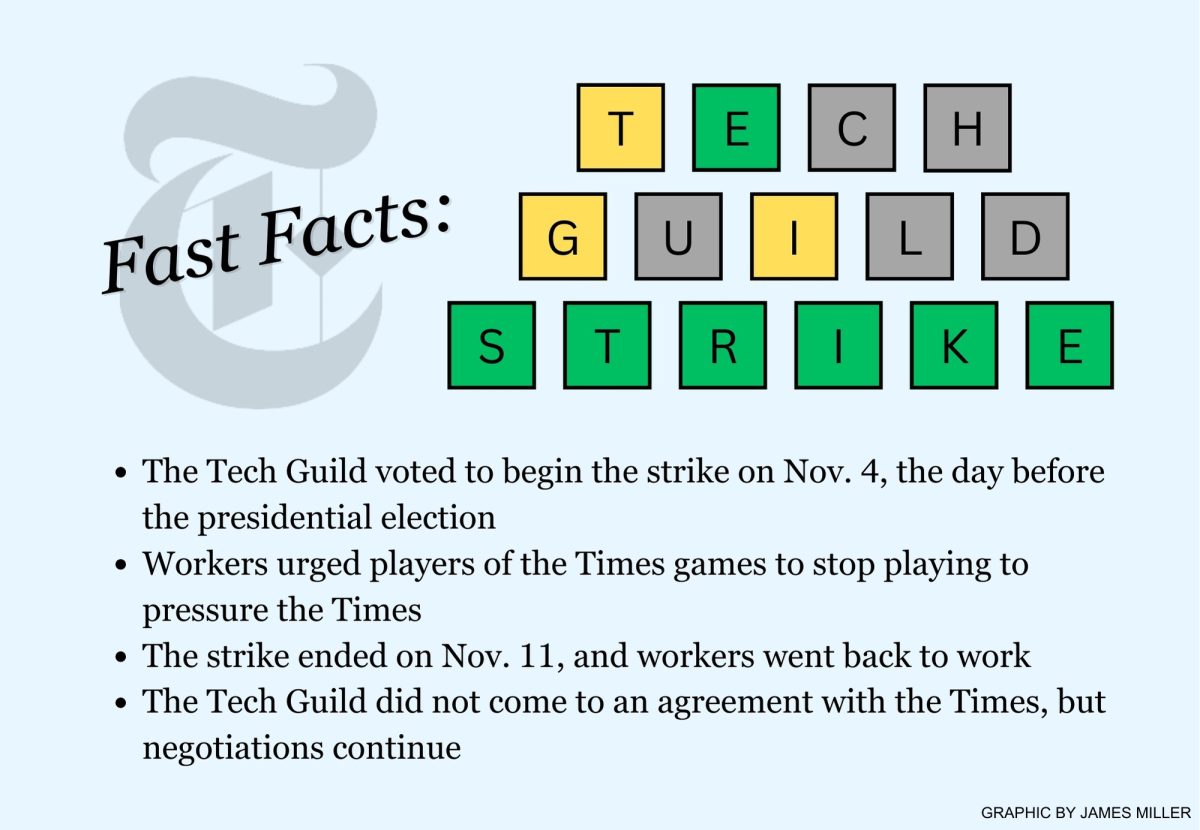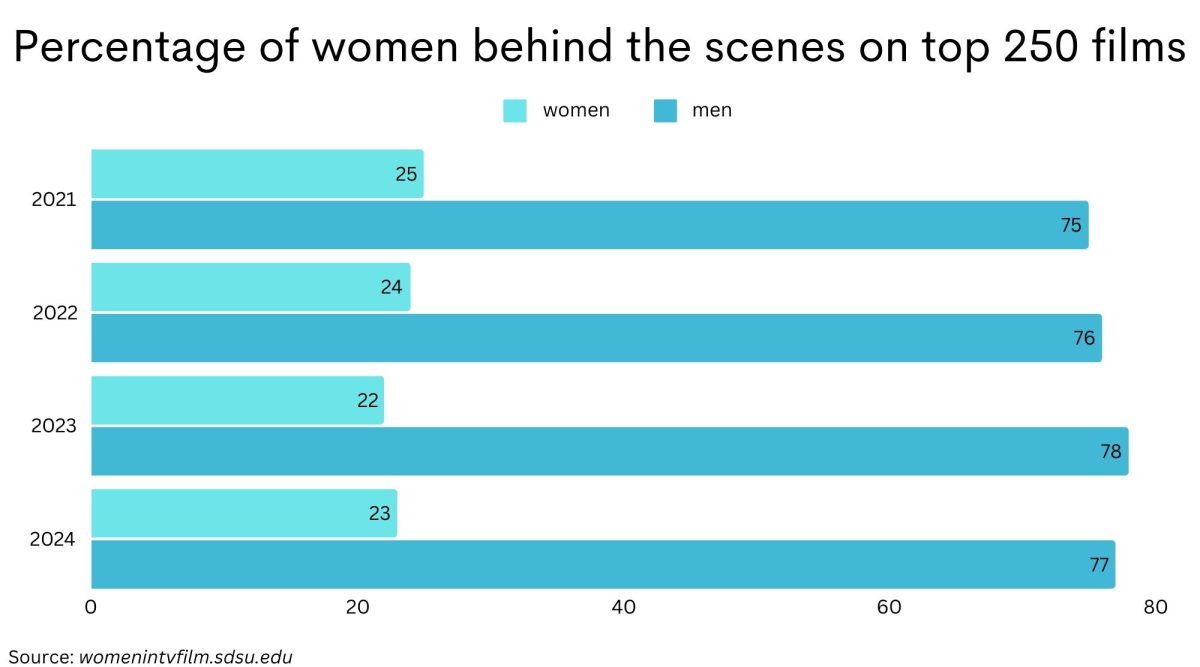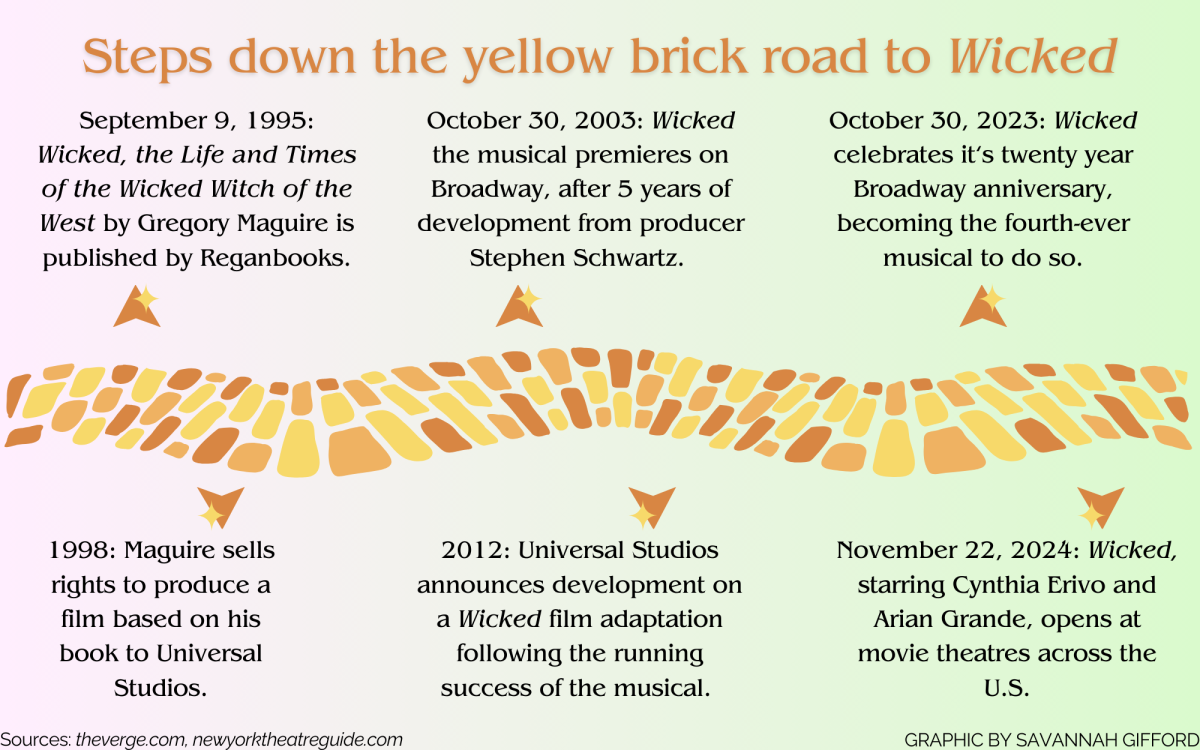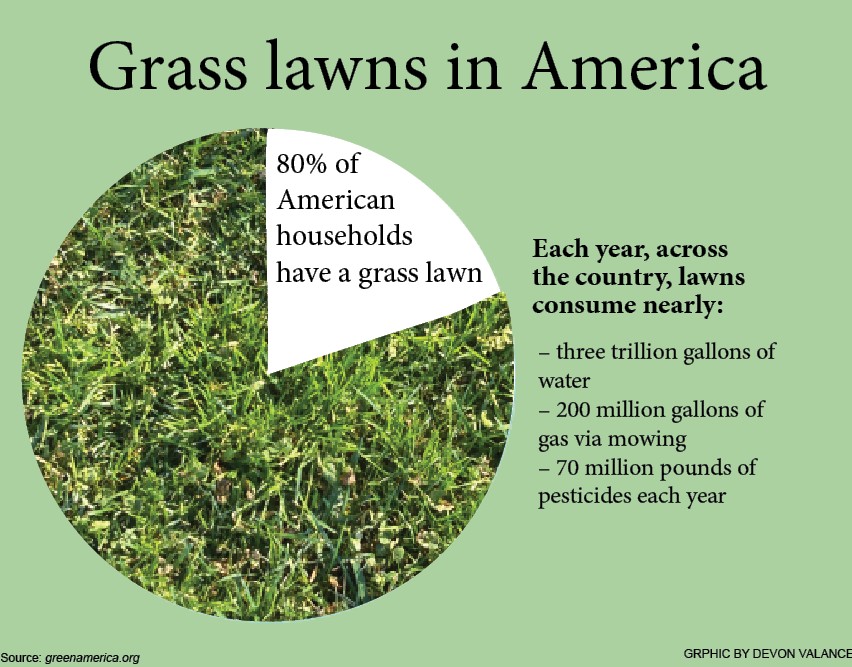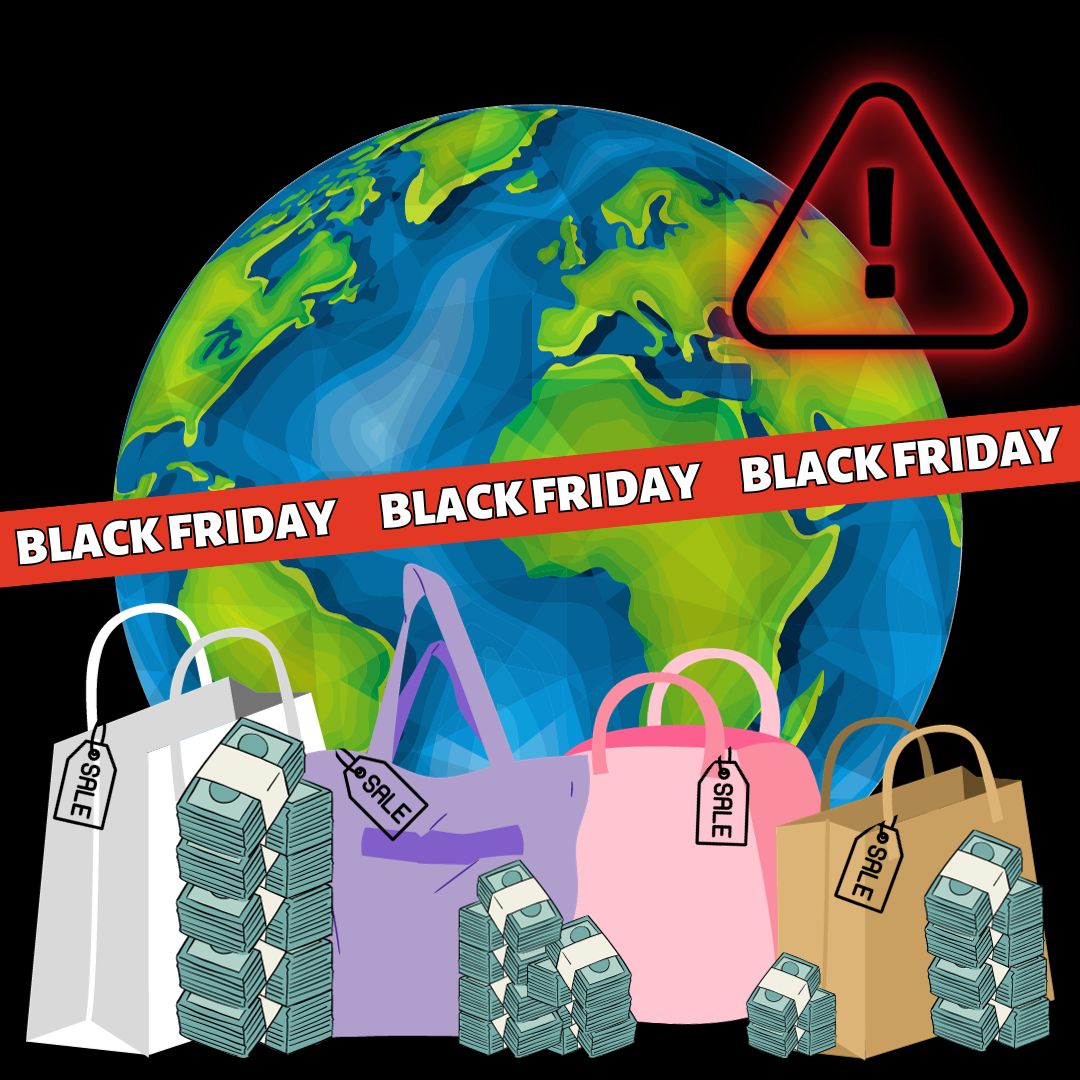The day is almost here. It’s the day everyone has been waiting for. The day people endlessly scroll through shopping websites. They sprint through aisles, foraging for the best discount and pushing one another aside to secure the best items.
Black Friday, on Nov. 24, is a day where retailers feature thousands of discounts, marking the arrival of the holiday shopping season. Though it began in the 1950s, the concept behind Black Friday has further developed, sparking the creation of other retail holidays like Cyber Monday and Small Business Saturday. Stores even began to open earlier, allowing people to shop directly after finishing their Thanksgiving meals.
It began as a U.S. tradition, but this unofficial holiday has been embraced by other countries eager to capitalize on the season of giving. While the United States has the highest spending numbers on this day, Canada, Australia, the United Kingdom and many other parts of the world have joined in.
Nevertheless, Black Friday promotes overconsumption and hurts the planet. It baits a materialistic society into buying unnecessary and unwanted items for cheap prices.
Retailers even begin to value low prices over sustainability, causing Black Friday to negatively impact the environment. Excessive use of product materials not only causes pollution to rise, but it also increases carbon emissions from transportation. The World Bank reveals that the fashion industry is responsible for more than 10% of total global emissions. This is more than international flights and maritime shipping combined, according to theplanetapp.com.
Retailers also deceive shoppers in a variety of ways. While there is nothing inherently wrong with buying products at an appealing discount, stores lure consumers with these sales when they plan to only allow a few people to receive the benefits.
In addition, lower prices influence people to lower their standards for items they wouldn’t originally buy. Some places even increase the original cost and throw a deal on it, making one perceive it to be a good discount when they are actually paying the same as they would any other day.
Manufacturers also introduce a scheme using products called derivatives. These are products labeled as “limited edition” that actually use cheaper and lower quality materials, according to 2030.builders. Retailers can claim a high original price followed by a too–good–to–miss discount since they did not exist beforehand. Derivatives even have a different product number, making it difficult for shoppers to establish reliability.
This long tradition of mindless materialism consumes society. Thanksgiving is dedicated to reminding people how they should be thankful for everything in their lives, but just hours later, the biggest shopping spree of the year begins.
American culture leads society to believe that no matter how much people have, they should always desire whatever the trendy new item is. Materialism has plagued America; Black Friday is just a symptom.
People should analyze what they truly want and what they actually need before participating in the event. They should be careful of price tags, or more importantly, sale tags that might deceive them. They should also be aware of any environmental impacts of their actions. There is no reason to completely cut shopping on Black Friday, but it is important to be mindful.



